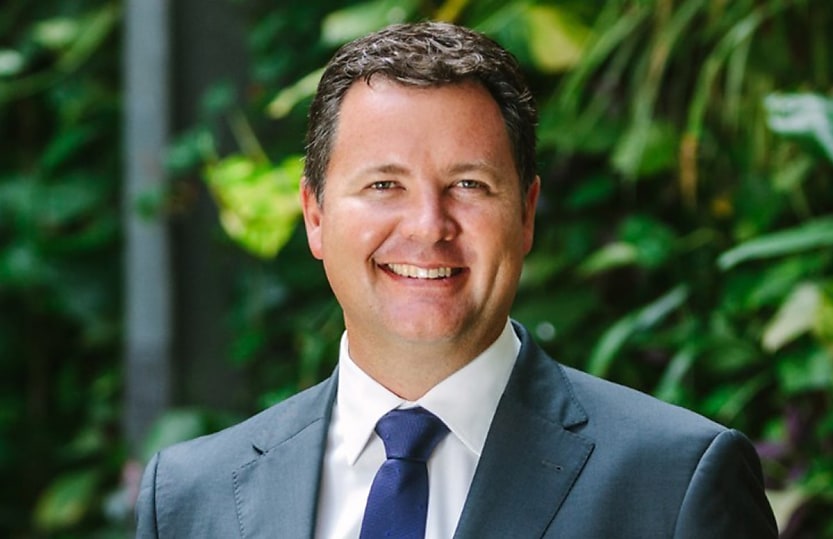Depreciation expert urges property investors to leverage tax depreciation

Seventy per cent of people are not maximising the tax depreciation opportunities on their investment properties, a depreciation expert has said.
Property investors and first home buyers need to engage a quantity surveyor to take advantage of possible tax depreciation opportunities every financial year.
According to BMT Tax Depreciation CEO, Brad Beer, after 28 years of working within the depreciation space, there was still up to 70 per cent of property investors not maximising tax depreciation and a depreciation schedule.
Speaking on an Under the Hood podcast episode, Beer recommended for more people to work in line with their accountants at looking at what money could be made back through a quantity surveyor and the knowledge they offered.
“If you buy a property that is appreciating in value, but the carpet is wearing out, the bricks and mortar are wearing out, the stove is wearing out, those things are depreciating,” Beer said.
“The Tax Office allows us to claim a deduction for the loss in value of those things. Why is it important? Because it means more money in your pocket.”
“The first year claim out of the reports we did last year was about $11,000, that was the average. Some get more; some get less. That’s a residential average and that’s a fair bit of deduction out of a residential investment. So, it makes a big difference to the cash flow and people that maybe are struggling to afford that property.”
Beer noted a common misconception for property investors was that they often thought that depreciation would be looked after by their accountant, rather than a quantity surveyor. Usually, an accountant acted as a “middle man” between the ATO and the quantity surveyor.
According to Beer, if wanting to maximise depreciation claims from a property for tax purposes, engaging a quantity surveyor was crucial as they can provide accurate and reliable information, as well as documenting it in a way that could be easily referred back to and updated.
“The most common misconception I see is that people often ask me, “well doesn’t my accountant look after that?” Or they say, “I’ve got a good accountant, what’s wrong with my accountant?”,” he said.
“Nothing is wrong with your accountant. Your accountant is probably great, and if they really are good, they will engage a depreciation specialist for the areas you need to get the most out of your tax.”
“If you haven’t yet, they definitely speak to a quantity surveyor, or your accountant about getting one in. Talk to them and see if there’s money there you could be claiming. Any good quantity surveyor will be able to tell you exactly what depreciation opportunities you have.”
In addition to this, another misconception often associated with the depreciation of properties was around the age of the property or timeline of the purchase and/or investment.
Beer noted that when it came to investment properties, age did make a difference; however, it didn’t matter or impact an opportunity of what could be potentially claimed.
“I look at the time I have spent in this industry, and I spend a lot of time with property investors and accountants and people in the property industry,” Beer said.
“We help them save some tax. We’ve had the opportunity to teach them over that time, to really teach the property industry what it’s all about and what it means for the numbers. I’ve seen a lot of people get money back after they never realised it was there and they’re always happy with that.”
About the author







